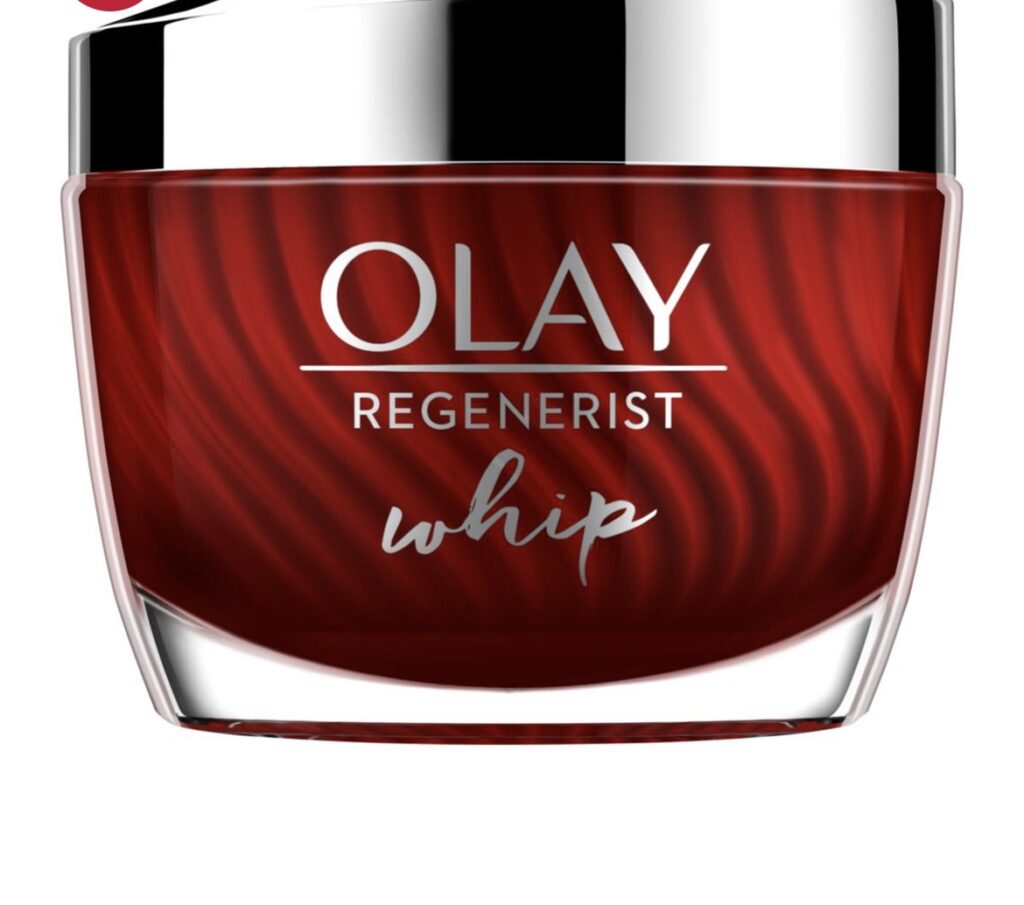A staggering 1 in 5 Brits believe UV rays make them look younger

SPF, UVA, UVB – with endless acronyms, you might be thinking SOS when it comes to using sunscreen. SPF products can often be convoluted and confusing, with research from skincare brand Olay highlighting that the nation needs an education when it comes to sun protection.
Despite UV rays being the leading cause of premature aging, astoundingly a fifth (19%) of Brits believe that UV rays can actually help you look younger; yet the reality is that UV exposure can be a powerful attack on the skin with additional side effects including hyperpigmentation and in worst cases, melanoma.
Worryingly one in ten (10%) redheads actually believe this UV youthful myth – a group particularly at risk of burning due to low melanin levels.
An SPF education is still clearly needed as the research revealed one in 10 Brits admit to never wearing SPF on their face, with a fifth (21%) saying they only use it when its sunny. Men are the worst culprits, with a staggering three times as many men as women admitting SPF never graces their faces.
Despite it being a hot topic over the years, those with melanin-rich black skin are still wary of wearing SPF daily, with a quarter (28%) never using SPF stating factors such as it leaves a white cast (33%), not thinking the UK climate gets hot enough (50%) and not liking the way it sits under make up (25%).
And perhaps more shockingly so, even those with type 1, very pale skin that burns easily are cautious, admitting only wearing SPF on their face a fifth (21%) of the time blaming concerns about break outs (38%).
This reluctance to use SPF could be to do with the misconceptions people have around UV rays and SPF. Almost half of Brits (42%) wrongly believe SPF stops your skin from getting Vitamin D, and one in eight (12%) worryingly think SPF actually increases the risk of cancer.
Almost half (41%) of respondents can’t identify the difference between UVA and UVB rays, and one in eight (12%) believe SPF doesn’t need to tackle both.
This is concerning for the medical profession as dermatologists are the most cited source (24%) of SPF information.
But why is it important to wear SPF, even if the sun isn’t shining? Dr Sonia, Clinical Dermatology expert for Olay, explains “SPF in short stands for sun protection factor and the number you see next to this is the amount of time you’re able to stay in the sun whilst being fully protected. There are also two different rays that you need to know about, UVA and UVB. UVA is for ageing and UVB is for burning.
“I was shocked by the results from the research, particularly that 28% of Brits with Type 6 Melanin-rich, black skin never wear SPF. It’s important to remember that the sun does not discriminate based on skin tone or hair colour – or gender! UV rays are around all year long, even in the winter months, so it’s important that everyone always wears an SPF or a moisturiser with SPF in it every day, such as Olay’s Whip Day Moisturiser with SPF 30.”
Adding to the misinformation is the UK’s climate, with one in eight (13%) thinking you don’t need sunscreen in the UK unless it’s sunny, and a further one in three (37%) saying they don’t need it as they don’t burn here.
Gen Z are the most clued-up on SPF, with this group almost twice as likely than Xennials to wear SPF every day regardless of whether they are inside or out.
Convenience is key for most and with the cost-of-living soaring, people are looking for products that do more. Almost 1 in 10 are put off wearing SPF on their face every day as they feel it is one step too many in their skincare routine – despite it being available in moisturisers. This could be as one in five (20%) erroneously believe moisturisers with SPF aren’t as effective.
Other factors putting off SPF use include because it leaves a white cast (17%), with a third (33%) of those with melanin-rich skin citing this, and one in ten (12%) simply feel they are too young to require it.
So how can you step up your SPF usage this summer and use products that actually work for all skin types and tones?
Dr Sonia notes “Combining an SPF and moisturiser together will mean one less product to apply to your face and this will keep your skin looking its best. Olay combines science and beauty in its SPF range, with each product formulated to not leave a white cast and sit perfectly under makeup. No one is too young to start using an SPF every day – and it’s a simple step when it’s already in your moisturiser.”




